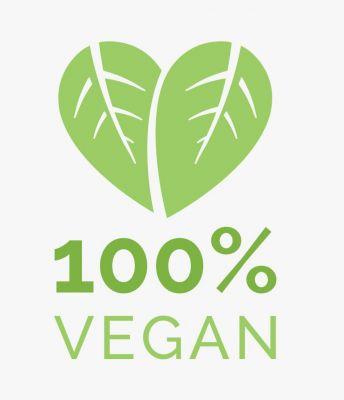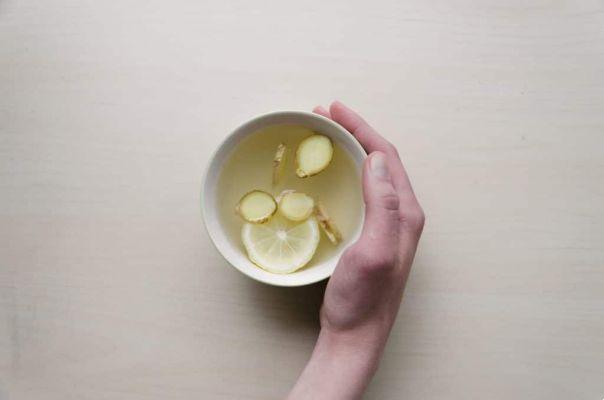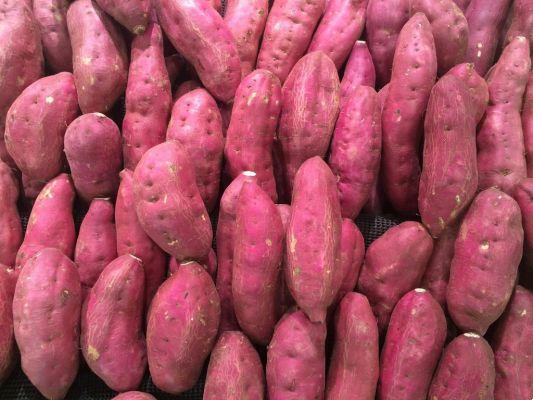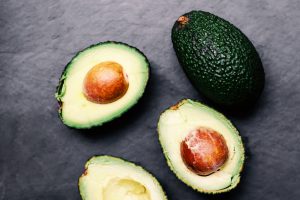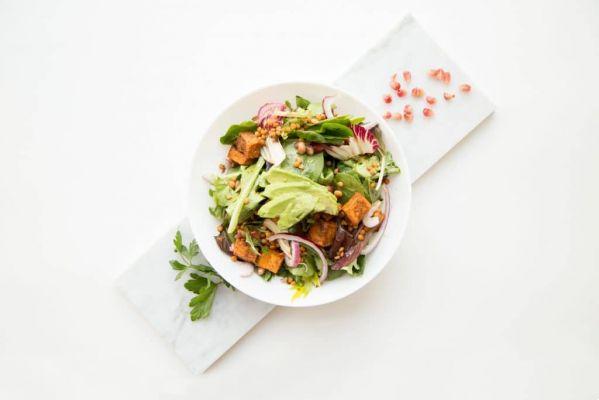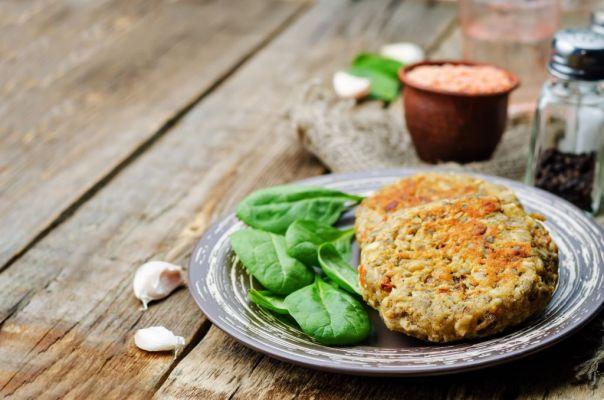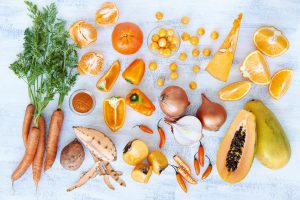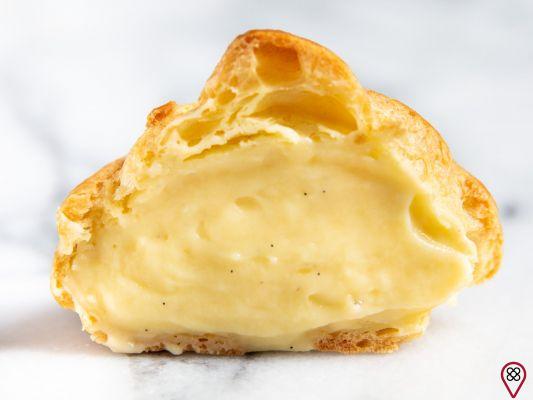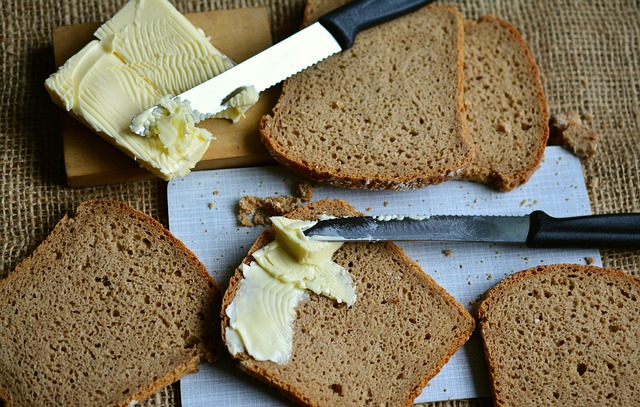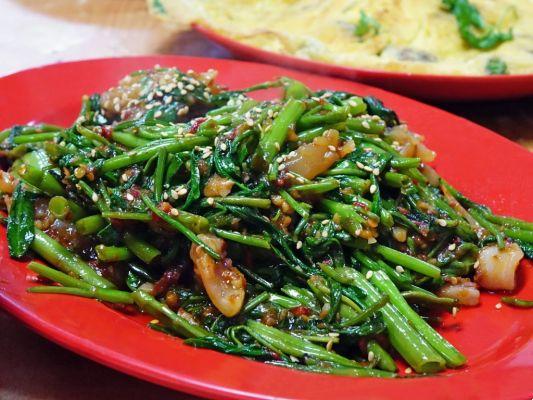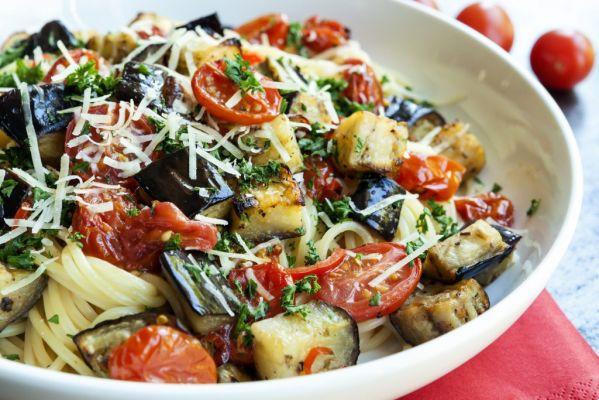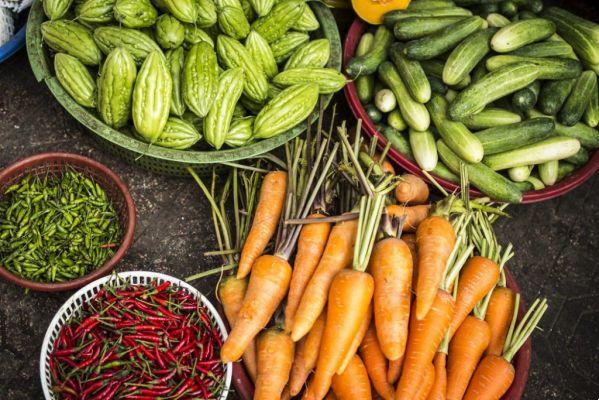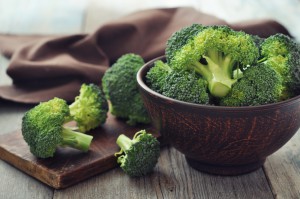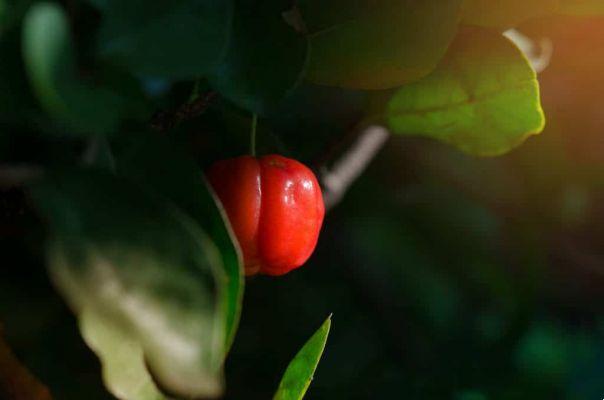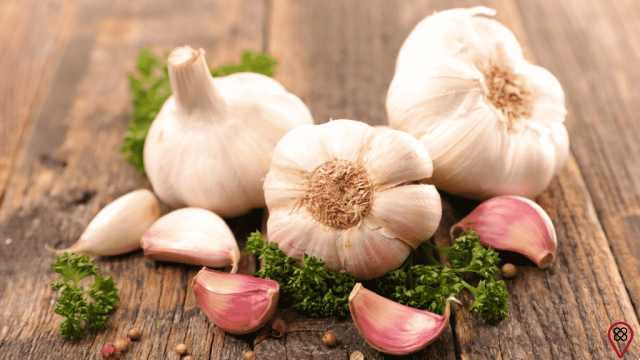The habit of cooking food is relatively new. According to some scholars, the human race only began to use fire for this purpose around 10 years ago. So, before that, everything was consumed as it is in nature: raw.
And this is the premise of a food doctrine still little known in Spain, but very common in many parts of the world: Crudivorism. “It is a diet based on the ingestion of sprouted grains, seeds, oilseeds, sprouts, fruits and vegetables in their natural forms, that is, raw”, explains Eduardo Corassa, writer, speaker and consultant, specializing in Hygienism at the University of Natural Health.
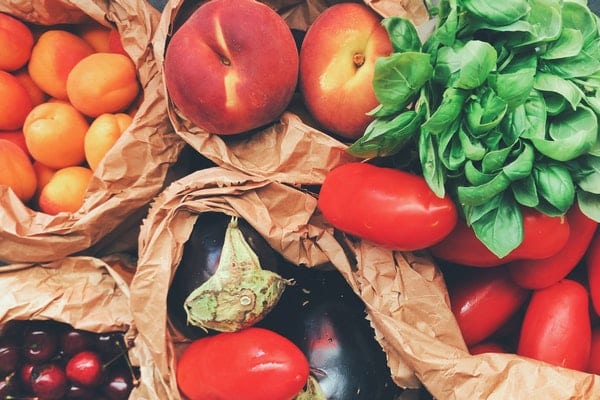
Raw foods retain nutrients that are normally destroyed or modified during the cooking process. Vitamins, proteins and fats are heat sensitive because they are destroyed or inactivated, undergo denaturation and oxidation during heating. By raising the temperature of certain foods, it is still possible to potentiate pesticides or other carcinogenic elements, which were not present before cooking.
strands
Although most people don't know it, there are several approaches to Crudivorism. Two of the most common are: Live Food and Hypo-lipid Vegan Crudivorism or Frugivory.
Living Food is the best known and most publicized and is based on the germination of grains and seeds, which tries to recreate the cooked cuisine to which humans are accustomed, even with the moderate use of some seasonings such as olive oil. Frugivorism, on the other hand, is based only on fruits and vegetables, with the addition of small amounts of seeds and oilseeds in their fresh and 'in natura' state, as nature offers them.
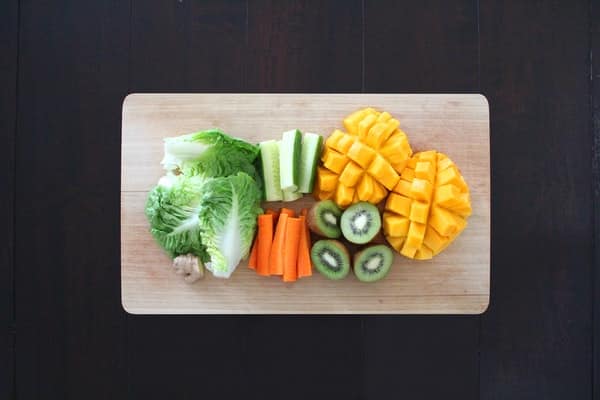
“No other animal in nature chemically alters its food through the process of cooking, and each breed is physiologically and anatomically adapted to obtain and ingest its specific food. We human beings are classified as anthropoid primates, which are frugivorous animals, that is, they live primarily on fruits and vegetables, thus enabling the practice of frugivorism”, adds Eduardo Corassa, who has lived an exclusively raw diet for more than seven years. of fruits and vegetables.
Benefits
In his articles and books, Eduardo Corassa lists several health benefits for a person who becomes raw food and adopts a healthy lifestyle. He checks out some of them:
* Mental clarity, more disposition and better day-to-day performance, less need for sleep, improvements in athletic performance, maintenance of ideal weight, being free of allergies, fevers or other types of diseases and acute symptoms, and reduction or even reversal of long-standing chronic diseases.
* The fact that no more time is wasted in the kitchen cooking, washing pans, etc. It also becomes a major attraction. As well as the great reduction in pollution, because, as there is no longer the consumption of industrialized products, the only “garbage” created is organic, which fits perfectly into the category of sustainable living and with the principles of nature.
* Other factors are economy and simplicity, as products such as fruits and vegetables are cheaper and accessible to everyone.
You may also like
- Healthy eating: Your consumption is good for the planet
- Understand Veganism
- What is the relationship between Veganism and Spiritism? Understand!
how to become raw
According to Corassa, the formula for being successful on a raw diet is to eat more. “Many people say that fruits are not sustainable. But what we have to understand is that fruits and vegetables are low-calorie foods. An example: you need to eat four times as much bananas as you would need rice to meet your caloric needs.” And complete. “It is necessary to study and adapt nutritional issues before starting a raw diet. The works of my mentor – the father of the Raw Food, Fruit and Nutrition movement around the world, Dr. Douglas Graham – are great for anyone who wants to adhere to doctrine efficiently.”



